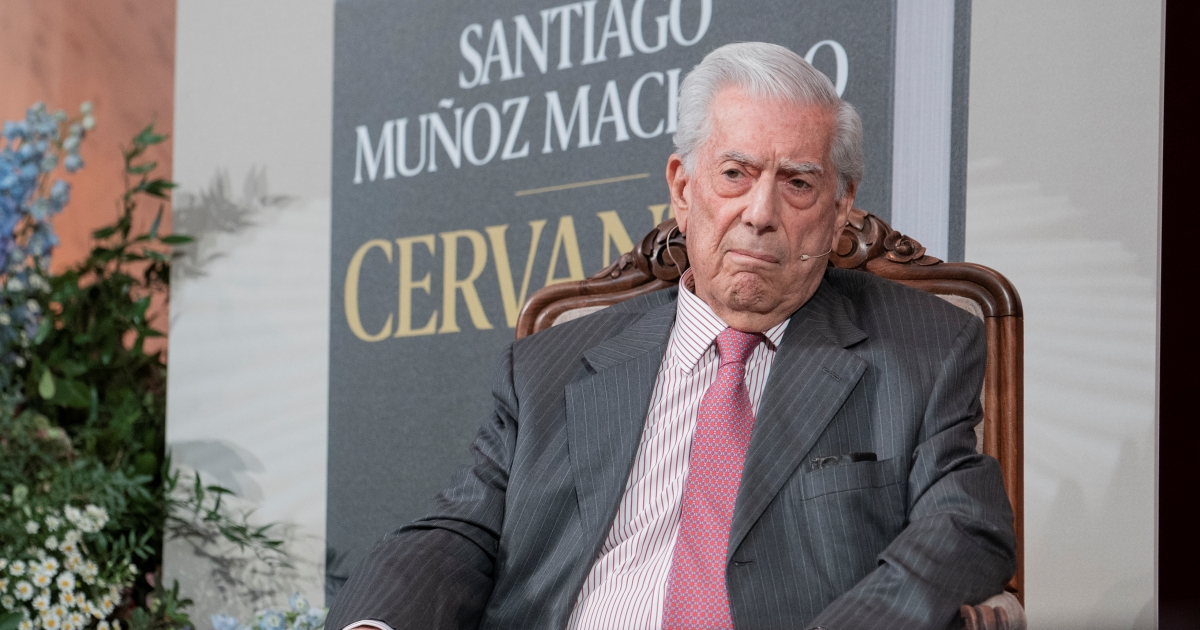
The Hispano-Peruvian writer Mario Vargas Llosa This Friday he became the first member of the French Academy with a work exclusively in Spanish.
In this way, he, also the Nobel Prize winner in Literature, took possession of the life position granted to him by that institution, in charge of safeguarding the French language.
Vargas Llosa, 86 years old, is now part of "the immortals", the name given to members of the French Academy and will occupy chair number 18 of the corporation, founded in 1635 by Cardinal Richelieu.
The decision to incorporate the writer into the French Academy was made after he received 18 votes in favor of the 22 members that make it up; with the approval of President Emmanuel Macron.
Vargas Llosa is also a member of the Peruvian Academy of Language, since 1975, and of the Royal Spanish Academy, since 1994.
The green House (1965), Conversation in the Cathedral (1969), Pantaleon and the visitors (1973), The War of the End of the World (1981), Lituma in the Andes (1993), The party of the goat (2003), bad girl pranks (2006) and The Celtic Dream (2010) They are some of his most relevant works.
In an interview after being recognized as a member of the French Academy, the writer considered that Nobody can believe in socialism, after knowing the reality of Cuba.
"Now I was reading Hayek and he says that when the first liberals appeared in England they used words that did not exist in the political world, such as progressive or universalism. Hey, and the left appropriates all of that and completely denatures it to defend socialism "Well, socialism is dead. Nobody can believe in it after Cuba," he told the newspaper. The world.
Although at the beginning of the Cuban revolution he sympathized with the figure of Fidel Castro and socialism, it did not take long for him to break with the regime, especially after the case of the poet Heberto Padilla, accused of counterrevolution and which separated Havana from an important part of the world's intelligentsia.
"I was bathed in filth," he said, remembering Castroism. "But I recovered a space of freedom that I didn't know I had lost. Never since then have I stopped saying what I think."
What do you think?
COMMENTFiled in: